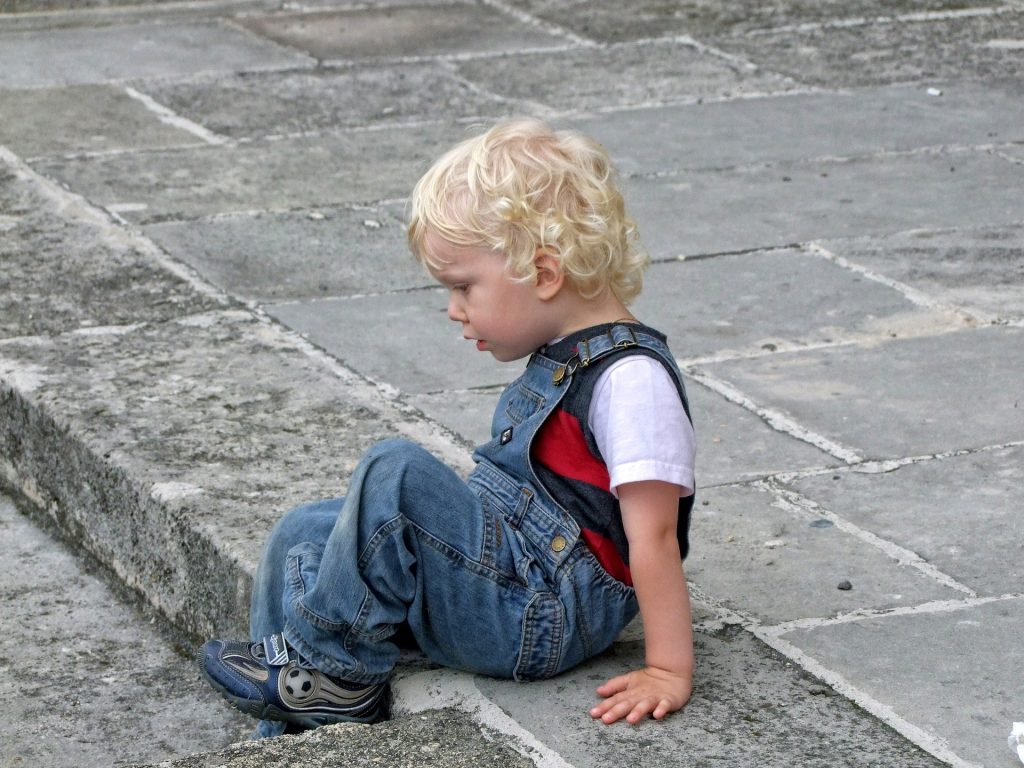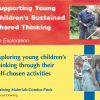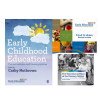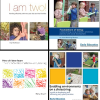Physical development in early childhood
Clare Devlin, Early Education Associate What aspects of physical development should we focus on within the Early Years Foundation Stage (EYFS) and other early years
Natalie Weir and Janine Coates
In March 2023, the National Early Years Active Start Partnership (NEYASP) was established to address pressing issues surrounding physical development and inactivity in young children, particularly in a post-pandemic society. This partnership brings together organisations and individuals with extensive experience and expertise in early years physical development, physical education and movement play to create a cohesive and united front to tackle these challenges head-on.
The first five years of life are critical, laying the foundation for a child’s emotional, cognitive, and physical development. Getting things right during this crucial period of development is fundamental for children’s future health, wellbeing, and overall life outcomes. Physical development in the early years underpins a child’s physical health, by supporting skill development needed for a physically active lifestyle. Increasingly, research is also showing the importance of physical activity for cognitive development, social skills, and emotional wellbeing. Despite its importance, recent evidence indicates a troubling decline in physical activity levels among young children.
Since 2011, the Chief Medical Officer for England has recommended that children aged 1 to 5 engage in at least 180 minutes of varied physical activities spread throughout the day. However, current data shows that only one in five young children meet this target. This alarming statistic highlights a significant public health concern that requires immediate and sustained intervention.
Recognising the evidence which underscores the significant decline in physical activity levels among young children, NEYASP emphasises the urgent need for strategic, long-term interventions to reverse this trend and promote a culture of physical activity from an early age. The establishment of NEYASP marks a significant step towards a co-ordinated effort to enhance early years physical development. The partnership aims to bring together the often fragmented and isolated early years sector, providing a collective voice to advocate for better policies and practices in early years, with a mission to create lasting impact on the sector by advocating for improved knowledge, understanding and practices relating to young children’s physical development, physical activity and play. In doing so, NEYASP is proactively ensuring a united sector response to government to address concerns relating to children’s physical health and development.
Helen Battelley, Chair of NEYASP, explains the urgency:
“The decline in access to play and movement is alarming. Individual organisations cannot tackle the issue independently. We believe that coming together as a collective voice and collaborating around the problems is a more effective approach.”
In collaboration with Loughborough University, NEYASP commissioned an Early Years Physical Activity Review to systematically examine the evidence base relating to physical development, physical activity and play in the early years. This review resulted in the development of seven guiding principles to support physical activity in early years settings. These principles provide a comprehensive framework to promote physical activity and address sedentary behaviour among young children.
The well-established link between physical activity and learning underscores the importance of NEYASP’s initiatives. Chris Wright, Head of Wellbeing at Youth Sport Trust and a founding member of NEYASP, says:
“It is crucial we take positive action to address the decline in children’s health and development and to close the learning gap in our poorest communities. Physical development and being active from birth are essential to making that happen.”
NEYASP has outlined several strategic goals to guide its efforts in promoting early years physical development:
NEYASP is dedicated to addressing the challenges of physical development and inactivity in young children. By uniting the early years sector and advocating for evidence-based practices and policies, NEYASP aims to create a sustainable future where every child can benefit from the lifelong advantages of physical activity and play.
Natalie Weir (University of Derby) and Janine Coates (Loughborough University) on behalf of the National Early Years Active Start Partnership
Follow NEYASP to find out more:
Twitter @NEYASP_comms
Linkedin NEYASP

Clare Devlin, Early Education Associate What aspects of physical development should we focus on within the Early Years Foundation Stage (EYFS) and other early years






Early Education
2 Victoria Square
St Albans
AL1 3TF
T: 01727 884925
E: office@early-education.org.uk